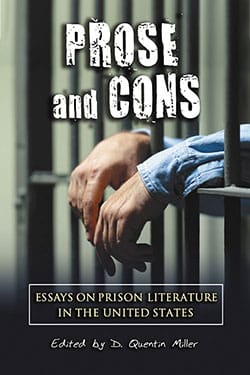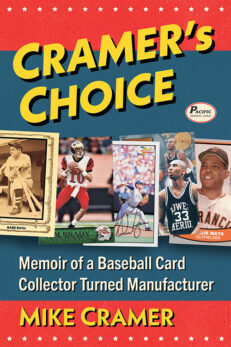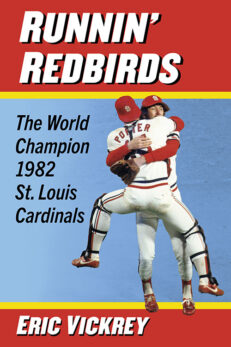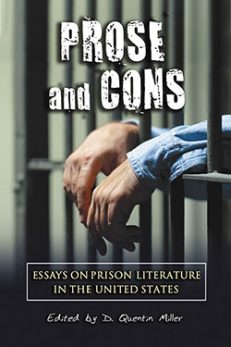Prose and Cons
Essays on Prison Literature in the United States
$39.95
In stock
About the Book
As the United States’ prison population has exploded over the past 30 years, a rich, provocative and ever-increasing body of literature has emerged, written either by prisoners or by those who have come in close contact with them. Unlike earlier prison writings, contemporary literature moves in directions that are neither uniformly ideological nor uniformly political. It has become increasingly personal, and the obsessive subject is the way identity is shaped, compromised, altered, or obliterated by incarceration.
The 14 essays in this work examine the last 30 years of prison literature from a wide variety of perspectives. The first four essays examine race and ethnicity, the social categories most evident in U.S. prisons. The three essays in the next section explore gender, a prominent subject of prison literature highlighted by the absolute separation of male and female inmates. Section three provides three essays focused on the part ideology plays in prison writings. The four essays in section four consider how aesthetics and language are used, seeking to define the qualities of the literature and to determine some of the reasons it exists.
About the Author(s)
Bibliographic Details
Edited by D. Quentin Miller
Format: softcover (6 x 9)
Pages: 288
Bibliographic Info: references, index
Copyright Date: 2005
pISBN: 978-0-7864-2146-6
Imprint: McFarland
Table of Contents
Acknowledgments vi
Introduction 1
Part I. Race and Ethnicity
1. “On the Outside Looking In”: White Readers of Nonwhite Prison Narratives 15
D. Quentin Miller
2. The Value of a Gambler’s Promise: Self-Imprisonment and Writing Survival in Raymond Federman’s Double or Nothing 33
Brian D. Crawford
3. Critical Witnessing in Latina/o and African American Prison Narratives 62
Tiffany Ana Lopez
Part II. Gender
4. “A Scream That Is Not Female and That Is Not Male”: Imprisonment and African-American Gender Identity
in asha bandele’s The Prisoner’s Wife 81
Laura Dawkins
5. Condemned Men: Compulsive Masculinity and the Convict Ethic in the Writing of Edward Bunker 95
Howard Cunnell
6. Imprisoned Mothers and Sisters: Dealing with Loss Through Writing and Solidarity 111
Judith Scheffler
Part III. Ideology
7. “Only Man Is Miserable”: The Evolving View of Imprisonment in Robert Lowell’s Poetry 131
Colin Clarke
8. The Prison Writer as Ideologue: George Jackson and the Attica Rebellion 147
Brian Conniff
9. The Space of the Prison: The Last Bastion of Morality? 174
Scott Bunyan
Part IV. Aesthetics and Language
10. Writing into the Prison-Industrial Complex 203
Juda Bennett
11. The Ambivalence of The Executioner’s Song: Postmodern Captivity from Death Row 217
Jennifer Roscher
12. Prison Slang and the Poetics of Imprisonment 233
Douglas Taylor
13. “All I Have, a Lament and a Boast”: Why Prisoners Write 246
Bell Gale Chevigny
About the Contributors 273
Index 277





